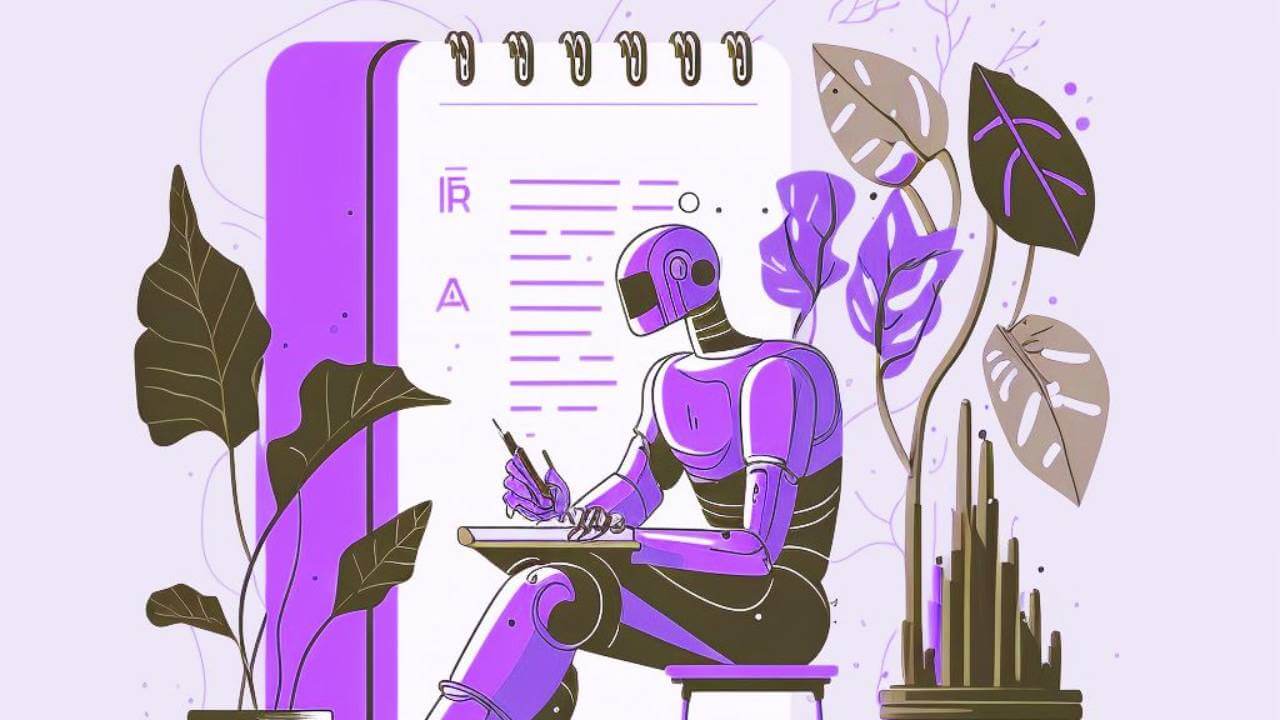
In order to make a career as a writer, a person needs to possess a pretty unique toolkit. Having a passion for the craft, a vast imagination and creative drive are all a good start. A writer also needs the ability to conduct research, switch perspectives, be mindful of personal biases, think critically, and communicate clearly, as well as practicing self discipline and pragmatic discernment.
On a good day, I possess three of these things. This is why I never ever publish on the same day I write; my brain needs time to switch gears from free-flowing creative mode to cut-throat edit mindset. There’s also the shameful amount time lost to the oh-so-delightful procrastination-dance which all writers seem to intuitively know the steps to. Due to all those moving parts, like many writers nowadays, I also have other jobs in order to put dinner on the table.
But who hasn’t dreamed of writing a book which could be read by hundreds if not thousands of fans? At some point, every fledgling writer gets lost in that daydream. Imagine being part of that elite club of legends like Steven King, James Patterson, or Haruki Murakami? Inevitably, this fantasy tends to lead us to gleeful pondering about the possibility of vast wealth and asking, “How much do authors really make?” Personally, I tend to do get lost in this vision when I’m up against an article deadline and have zero ideas, or when I’m putting on my uniform for my day job…. Huh- I should probably tell my therapist that.
In case this vision of making a good living as an author is one you also entertain, here’s some information about how publishing fees work and the pros and cons of the different avenues.
Traditional Publishing Route
When a writer signs a publishing agreement, the author or their agent usually negotiates a royalty prepayment. This amount refers to the amount an author is paid from the publisher in exchange for the rights to their books. Royalties are calculated and directly linked to the percentage of book sales. Royalty rates vary, but on average, traditional publishers offer; 15% for hardcover sales, 7.5% for paperback and 25% for Ebooks and audiobook sales. The author has the opportunity to earn more with Ebooks and audiobooks as there are less overhead costs, such as paper, printing and shipping.
For first-time authors, a traditional publishing house may offer an advance of $1,000-$10,000 and 5-18% royalties once they “earn out” their advance; meaning the royalties are paid after the book has earned an amount over the advanced payment figure. A book advance is a not a separate additional payment to an author, rather its funds paid to the author so they have something to live on while they focus on writing. If the book doesn’t earn back the advance, the author isn’t required to pay the overage back to the publisher, except in circumstances where the contract had been breached by the writer.
Sometimes the author sells the book “flat-out” and forgoes the advances and royalties. According to McZell Book Writing, if the book is “sold” for a certain amount, that figure is prepaid and not a flat-rate purchase price. Prepaid payments are usually offered in three installments; when the book contract is signed, when the publisher accepts the final copy of the manuscript, and after the book is published.
Due to the variety of genres, types of book formats, the individual differences between authors, countries and publishing houses, there are variations to this practice. Some authors receive any upfront payments, and some better established writers may chose to opt for a lump sum instead of royalties as they earn more this way.
Self-Publishing Route
The Alliance of Independent Authors (ALLi) is a professional association for authors who choose to self publish. Founded in 2012 by Orna Ross and Philip Lynch they sought to create an international, nonprofit organization which connects the world’s best indie authors, advisors, and services.
“Before going indie” Ross shares, “I published fiction through Penguin, and non-fiction and poetry through smaller publishers, in the only way that was then available: by exclusive contract. I appreciated my publishers but a generous contract from Penguin was not the golden ticket I had thought it would be in the days when I was writing my first novel. I was particularly frustrated by not being in the room when the big marketing decisions were being made.”
ALLi conducted a recent survey of its authors exploring the income of self-published authors vs. those who go the traditional route. Key findings from the survey showed:
- In 2022, the median income of “primary income” self-publishing authors (those who spend more than half their working time on writing and publishing activities) was $12,749.
- The average income was over $80,000.
- Almost a quarter had not yet started to earn, bringing in between 0 and 1K.
- Almost half of the respondents (43.8%) reported over $20k revenue.
- Some 28% earned $50k+ and almost a fifth ran six-figure publishing businesses.
The survey, which received about 2,200 respondents, found that the average income for self-published authors has increased by 53%. According to the data, this figure has now surpassed authors who go the traditional publishing route in terms of earnings.

Just like there are multiple genres and formats to storytelling now a days, there’s truly no one right way to go about publishing, and it’s worth considering all your options.
There are many positives to working with a traditional publishing house; advertising, vast reach, prestige, and the ability to collaborate with a professional support team. However, this can be very difficult club to get into. C. S. Lewis, author of The Chronicles of Narnia, faced an astonishing 800 rejections before he got published and Stephen King’s best seller Carrie was turned down 80 times by publishers. And yet, both works have now been translated into hundreds of languages and adapted into movies.
An obvious benefit of self-publishing is the much higher royalty rate as well as maintaining full control on your baby. This can be a double-edge sword, however, as Author Lori Lesko poetically puts it, “The good news about self-publishing is you get to do everything yourself. The bad news about self publishing is you get to do everything yourself.”
There is always the rare case of someone just landing it big. Sometimes a person has a truly inspirational idea at exactly the right time. After reading only two pages of Emma Cline’s luminous novel The Girls – a story about young women flocking to a Manson-like cult figure- Random House editor Kate Medina got up and shut her door. Medina recounted for Entertainment Weekly, that she told her staff, “I’m not doing anything else. I’m not talking to anybody. I’m just reading this book”. When Medina turned the last page, she instantly offered Cline a three-book, $2 million deal.
That’s my plan, I rarely do something the traditional way. I’d like to say that’s because I’m an innovative-creative-maverick… but honestly, it’s mostly because I’m often clueless on how a person typically “does a thing.” But that’s the great thing about working in the arts, creativity knows no bounds and there’s no harm is having a vision, and giving it a shot to see what happens. Nothing will ever happen if you try nothing, so it’s always worth trying something. Ironically and beautifully, this is this how I ended up with this job as a writer.
“Writing isn’t about making money, getting famous, getting dates, getting laid, or making friends. In the end it’s about enriching the lives of those who will read your work, and enriching your own life as well. Writing is magic, as much the water of life as any other creative art. The water is free. So drink. Drink and be filled up.” – Steven King

An avid book reader and proud library card holder, Angela is new to the world of e-Readers. She has a background in education, emergency response, fitness, loves to be in nature, traveling and exploring. With an honours science degree in anthropology, Angela also studied writing after graduation. She has contributed work to The London Free Press, The Gazette, The Londoner, Best Version Media, Lifeliner, and Citymedia.ca.
